Mutual HQ Tower to Be Nebraska’s Tallest Building
The $600 million project has an estimated 2026 completion date.
Insurance giant Mutual of Omaha plans a new corporate headquarters. The Mutual of Omaha Tower will be a 677-foot, 44-story, 800,000-square-foot office building in downtown Omaha, Neb.
Developer Lanoha Real Estate Co. will work together with architecture firms HOK, Pickard Chilton and Kendall/Heaton Associates, while JE Dunn Construction Group will serve as general contractor. Construction on the $600 million project will begin in January, with completion expected in 2026.
Lanoha is also developing a 825,000-square-foot mixed-use tower in Dallas, in partnership with Hoque Global. The $400 million project recently received more than $96 million in economic support from the local authorities.
READ ALSO: Office Investment Momentum Propped Up by Mixed-Use Deals
Despite being an over twofold downsize from Mutual’s current 1.7 million-square-foot headquarters, the Mutual of Omaha Tower will be the tallest building in Nebraska and five neighboring states. The tower was designed to include a two-story atrium, landscaped outdoor gardens and terraces, four floors of dining space, a fitness center, employee wellness services and modular conference rooms.
Situated at the center of Omaha at a time of commercial revitalization, the development site is flanked by many of the area’s top cultural, retail and dining attractions. The skyscraper will rise near the recently reopened Gene Leahy Mall at the RiverFront.
Hybrid work—the new norm
Mutual’s reduction of headquarters size takes place as companies completely reimagine their work environments, seeking both to lure employees back into the office and also accommodate their preferences. According to a recent survey by the Building Owners and Managers Association (BOMA), the adoption of a hybrid model appears to be the norm, as 55 percent of respondents in one part of the study expressed more support for remote work, while 86 percent of respondents manifested a heightened degree of appreciation for their physical office space.

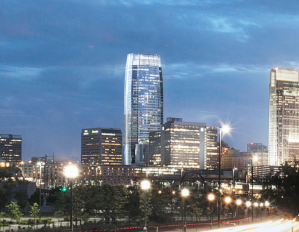
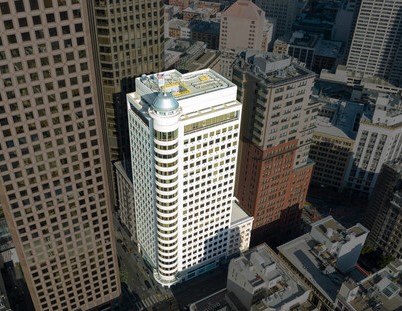
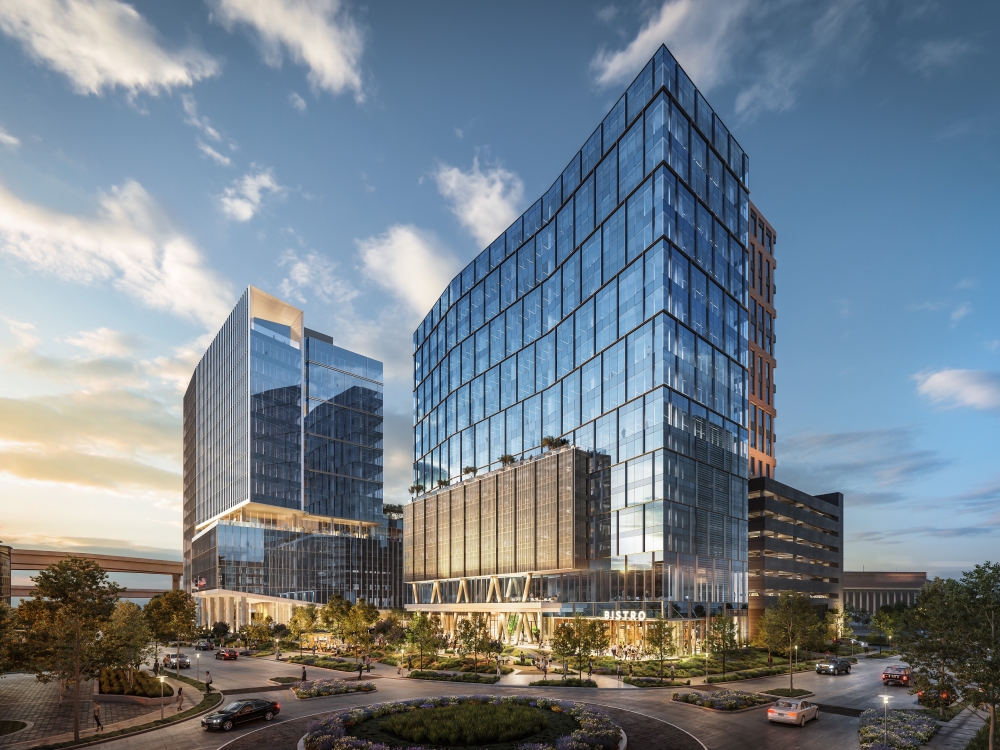
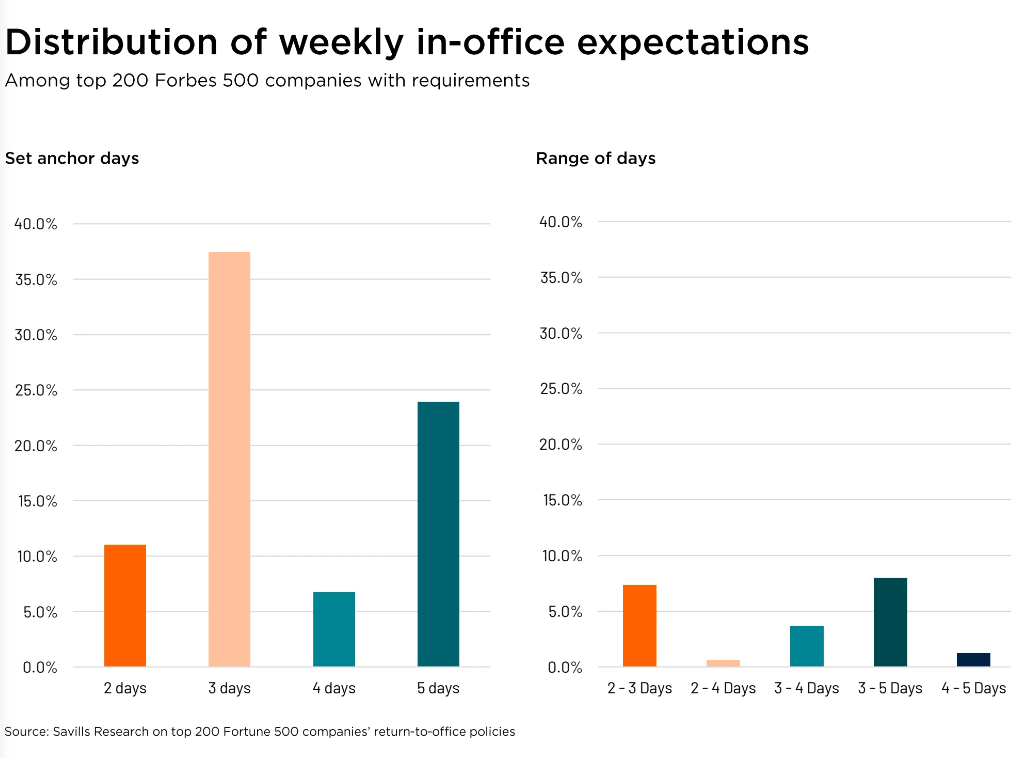

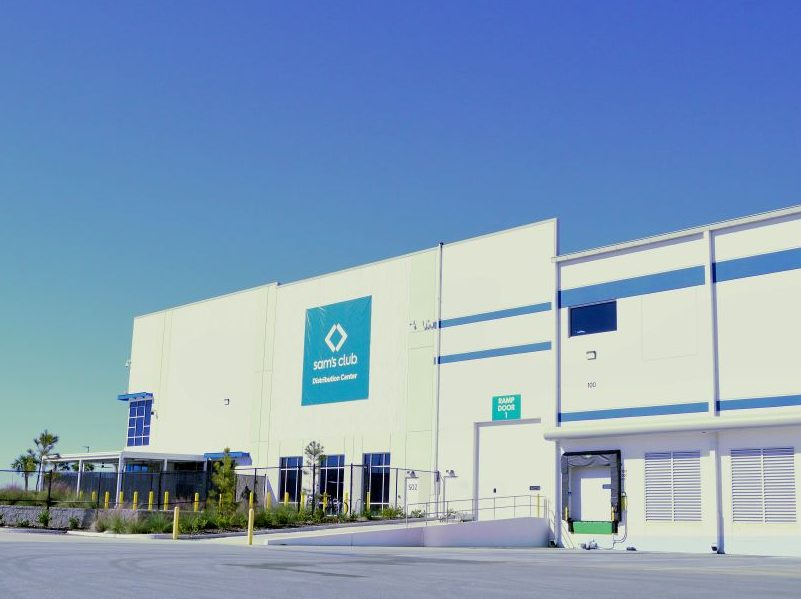
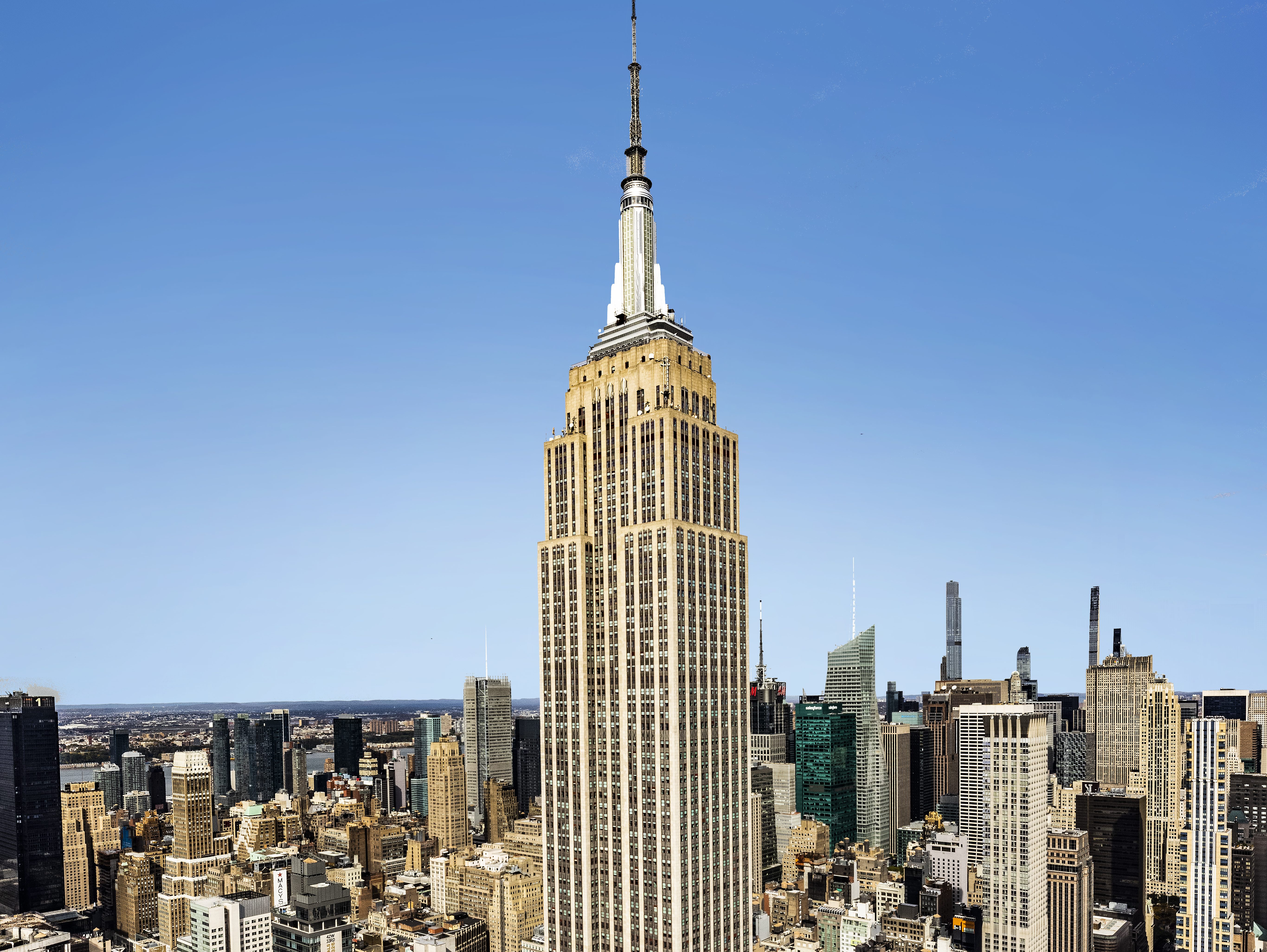
You must be logged in to post a comment.